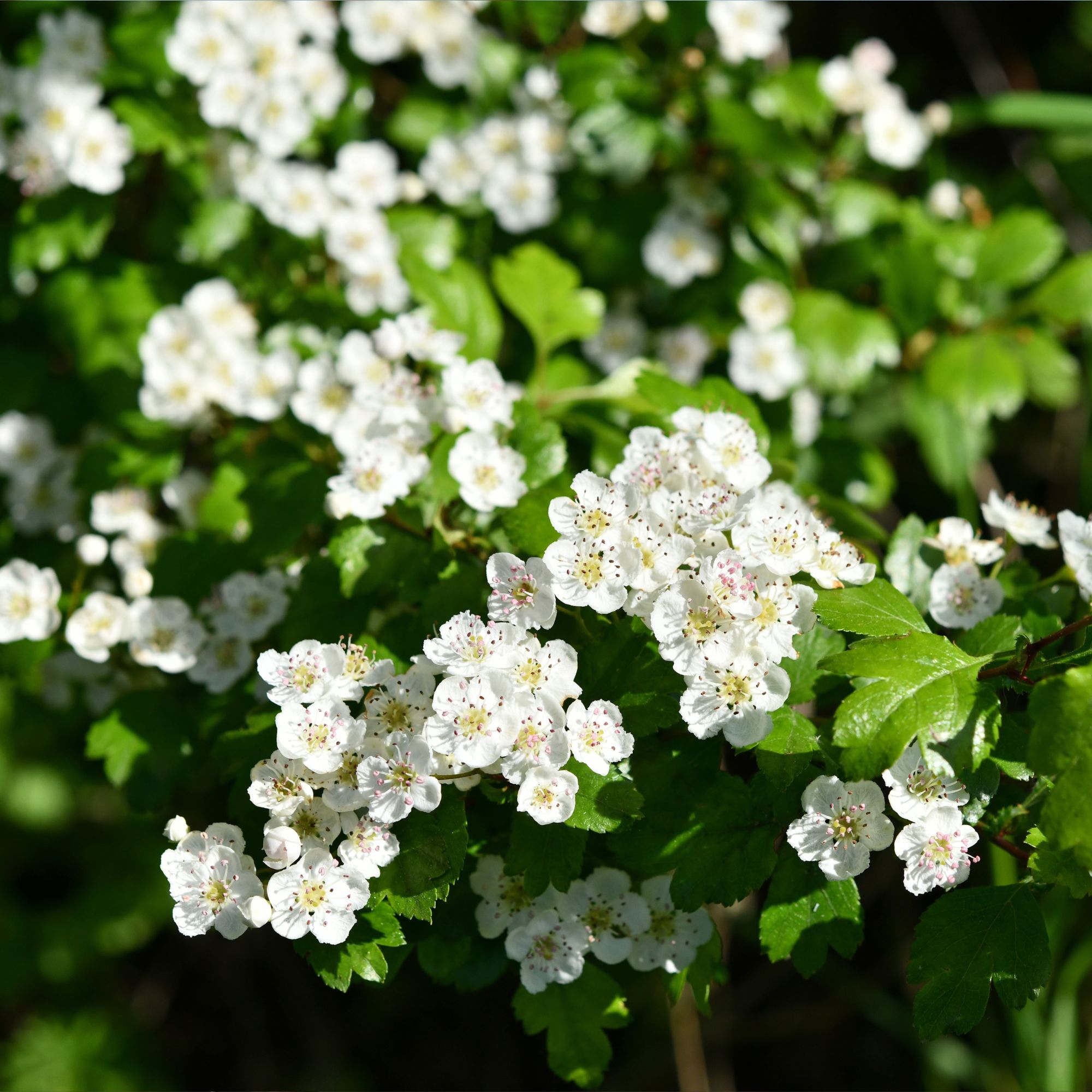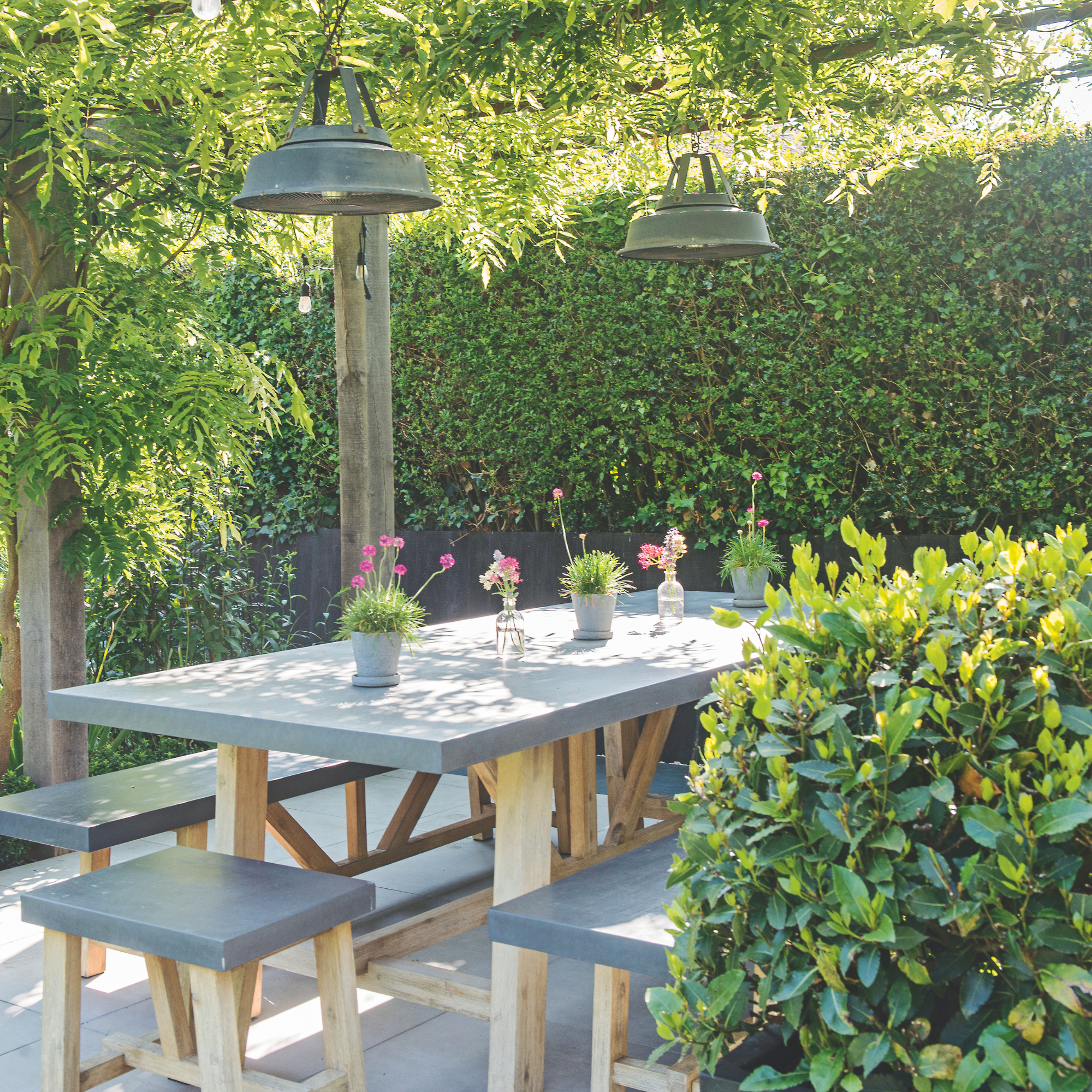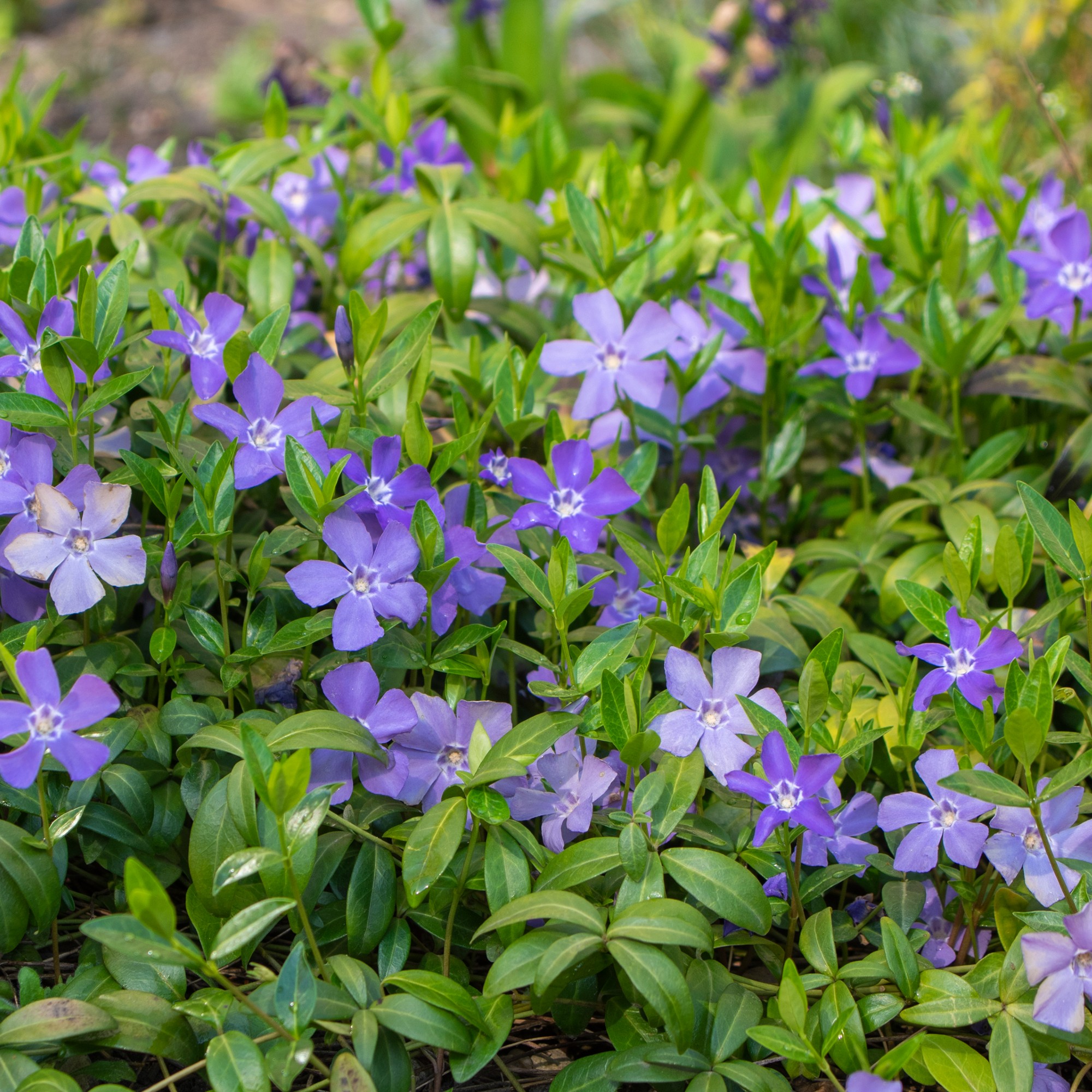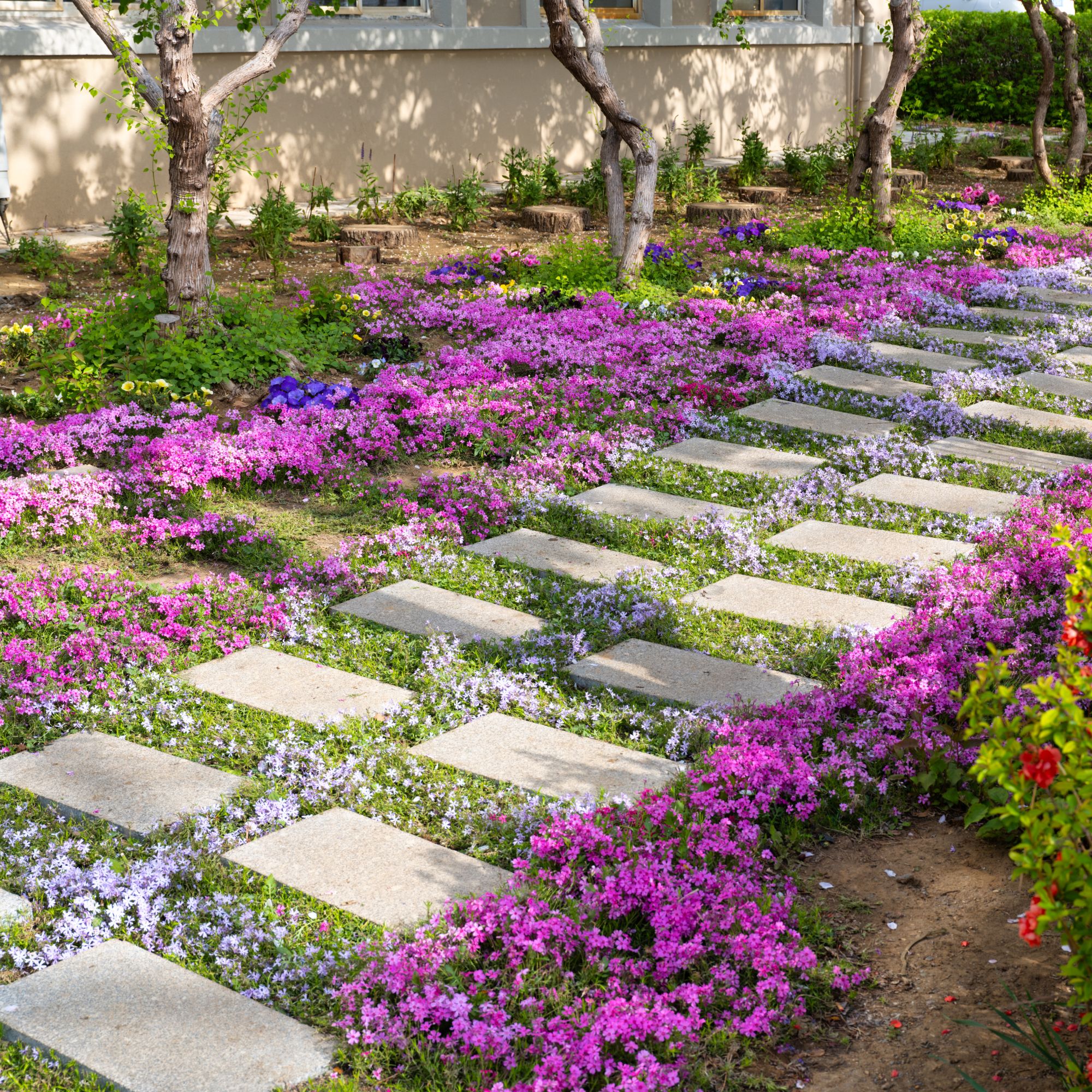
With Storm Amy set to batter the UK this weekend, it's unsurprising that you’re thinking about your garden and how to keep it safe. But have you considered that your garden plants can help you in return?
While it is important to know how to protect plants during a storm, garden experts have revealed that some plants can actually help protect your garden from bad weather. That’s right, your choice in greenery can have an impact on how your garden stands up against blistering winds and heavy downpours.
Of course, storms are unpredictable, so we can't say these plants will stop all damage in your garden, but they can help lessen its impact. So, if you’re looking to minimise storm damage, listen up as these are the five plants that can help naturally protect your garden from bad weather.
1. Ivy
There is an everlasting debate on whether you should remove ivy from your home or garden structures, but James Wong, a botanist working in partnership with Allianz UK, says it can actually protect your home in extreme weather.

‘The glossy, evergreen leaves of climbers like Ivy (Hedera helix) create a thick barrier of foliage which shields the walls they are growing on from both summer heat and winter cold and rain,’ he says.
‘Ivy has been consistently shown by scientific trials to actively protect plaster and brickwork by buffering the effects of adverse weather, as long as these are in good condition at the time of planting.
‘Just remember to cut it back if it is at risk of growing into guttering or roof spaces. Always be cautious when undertaking any maintenance task that you aren’t familiar with, seek professional help where needed.’
Where to buy ivy:
2. Hardy shrubs
Hardy shrubs can be used to protect more vulnerable plants, acting as a shield against the elements.

‘Hawthorn or holly are great, compact and hardy shrubs which can act as a natural wind break, soaking up the blast and protecting more fragile plants behind them,’ says Samuel Davis, horticulturist and CEO of London Gardeners.
‘‘Protector plants’ strategically placed in front of them create living walls that soften the impact of storms and add year-round structure and beauty.’
Where to buy hardy shrubs:
- Hawthorn hedging, £7.99 at Hedges Direct
- Female Silver Variegated Holly Shrub, £10.95, at Gardening Express
- English Holly Hedging, £26.99 at Hedging Direct
3. Privet hedging
Like hardy shrubs, privet hedges can also be a solid defence against the elements and act as a barrier against high winds - one reason why privet is one of the best hedging plants.

‘Privet (Ligustrum ovalifolium) is another, evergreen hedge which, when planted around homes as a low hedge, can protect their foundations from freezing and thawing cycles in two different ways,' explains James.
'Not only do their thick canopies prevent the cold from reaching the foundations, but their moisture-absorbing roots also prevent waterlogging, which works together to prevent cracks and shifting due to freezing soil.'
Where to buy privet hedging:
- Ligustrum Ovafolium Garden Plant, £34.99 at B&Q
- Common Privet 50L pot, £59.99 at Amazon
- Golden Privet, £19.99 at Thompson & Morgan
4. Strong-rooted plants
‘Plants with strong root systems, like Periwinkles (Vinca major), help to stabilise soil and prevent erosion caused by winter storms, even the effect of melting snow and ice,' says James.
'The roots anchor the soil around foundations, driveways, and slopes, preventing runoff and protecting your property from water damage and potential subsidence.'

Matthew Wilson, gardener and CEO of Handy Gardeners, says your best perennials can even help prevent soil erosion, too.
‘Strong and deep-rooted perennials such as echinacea and lupins can also help hold soil in place and prevent erosion during heavy rain,’ he says.
Where to buy strong-rooted plants:
- Vinca minor Multi-Colour periwinkles, £14.95 at Gardening Express
- Echinacea purpurea 'Paradiso Mix', £4.95 at Sarah Raven
- Lupinus Terracotta, £32.99 at Crocus
5. Creeping thyme
Not only are creeping thyme lawns beautiful to look at, they can help prevent flooding when it rains.

‘Planting a gravel garden using a carpet of groundcover plants that can withstand being walked over, like Creeping Thyme (Thymus serpyllum), will create a low-maintenance outdoor space,' says James.
'This could help with flood prevention, but will still leave you with a functional driveway. Just one that is far more beautiful than a sea of concrete. A win-win!’
Where to buy creeping thyme:
- Creeping Phlox Collection, £11.99 at Thompson & Morgan
- Creeping thyme - Coccineus Group, £7.99 at Crocus
- Thymus praecox coccineus, three for £14 at Hayloft
Do you have any of these plants in your garden already? What plants do you find hold up well against stormy weather?







